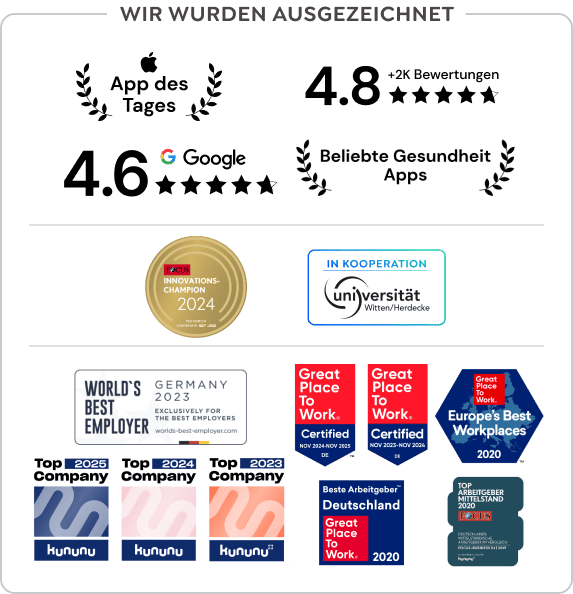| Refresh | This website greator.com/en/speak-freely/ is currently offline. Cloudflare's Always Online™ shows a snapshot of this web page from the Internet Archive's Wayback Machine. To check for the live version, click Refresh. |

Speaking freely - without a cue sheet, without faltering, without fear of blank stares? For many, this is a real challenge. However, speaking freely is not a question of talent, but a skill that you can train step by step. And it is essential - whether at work, in coaching, in presentations or in private conversations.
In this article, you will learn how to learn to speak freely, what often causes you to fail and which methods will help you to develop confidence, presence and charisma. Included: Access to a free keynote workbook from Greator.
Speaking freely means: you speak in front of people - without a manuscript, without memorized sentences. You follow a common thread in your head and trust that the right words will come to you. It's not about perfection, but about connection: with your topic, yourself and your audience.
Speaking freely is more than just a presentation technique. It is an expression of Self-efficacy - and this can be specifically trained.
The Fear fear of speaking freely is widespread. Studies show that up to 77 % of people have a fear of public speaking - often more than other social anxieties (National Institute of Mental Health, NIMH).
These factors often lead to blackouts, nervous speaking behavior or avoidance strategies.
If you want to speak freely, you need more than good content. Three cornerstones are crucial:
You can hear what you think about yourself in your voice. Speaking confidently begins with mental Clarity and trust in your own competence.
Free does not mean chaotic. A clear mental structure gives you stability and helps the audience to follow you.
Speaking freely succeeds when you stay in contact - with yourself, your message and your counterpart. Presence beats perfection.
"Your performance doesn't start with the first sentence, but with your inner alignment. If you are clear, others will automatically follow you."
- Frank Asmus, rhetoric trainer & The Key expert

Many methods from rhetoric, coaching and stage work will help you to develop your speaking skills. Here are the most important ones:
Start in a safe setting: a short impulse in a meeting, a story with friends. The more often you speak freely, the more normal it becomes.
Use the 3-step model: introduction - main part - conclusion. Have a keyword ready for each part and speak freely from the moment.
According to a publication by the Harvard Business Review create confidence and attention when speaking. They come across as confident - and give you space to think (HBR, 2013).
Speaking freely is physical. Posture, facial expressions, voice and breathing are crucial. Studies show that targeted breathing techniques can reduce stage fright (National Center for Biotechnology Information, 2017).
Especially in coaching, leadership or as a trainer: your impact stands and falls with your ability to speak freely.
In the THEKEY training from Greator participants learn how to bring their personal message to the stage in a structured and effective way - freely, professionally and with substance.
Many people sabotage their effect when speaking freely without realizing it. Here are some typical pitfalls - and how you can avoid them:
Better: Know your core message - then you won't need any text.
Better: Maintain eye contact and stay in your body. Presence is created through grounding, not through tension.
Better: Use breaks. They are more effective than any "um" - and radiate calm.
Better: Start with a clear attitude: you have something to say - and that counts.
In the following video, rhetoric expert René Borbonus shows you how to give a convincing speech.
Do you want to learn to speak freely - in front of groups, on stage or in coaching sessions? Then the free Keynote workbook from Greator just the right start.
In it you will receive:
👉 Download here free of charge: Greator Keynote Workbook
Speaking freely is not an innate ability, but a training - for your mindsetyour voice and your presence. You don't need perfect rhetoric, but a clear message and the willingness to show yourself.
With the right methods, regular practice and the support of tools such as the Greator Workbook, you can improve your Overcome fear and have a real impact.



